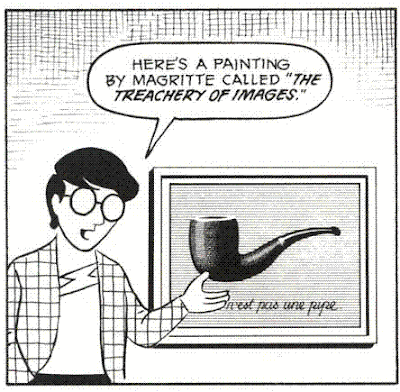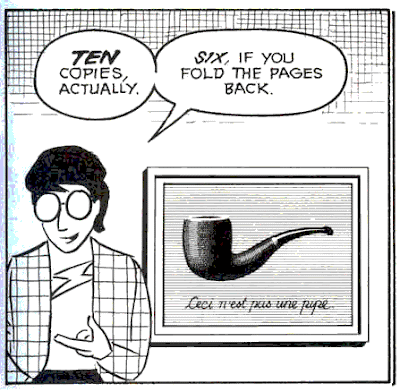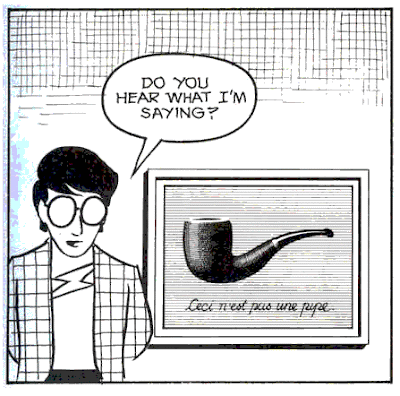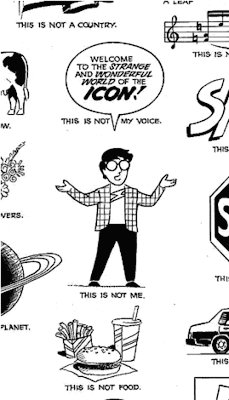
To keep me occupied, I had this Sunday ear-marked to take part in a reading of "The Front Page" with Bottom-Dog.
What an exhausting day it was and what an amazing play it is.
'The Front Page' is an interesting play for our times, sitting, as we do, on the cusp of either the demise or the dawn of true journalism ( depending on how optimistic/pessimistic you are about this whole 'web' experiment ).
It's the play that is the foundation of the Walter Mattheu/Jack Lemmon fillum of the same name (which I've never seen) and the even older 'His Girl Friday' fillum (which I have seen) and an older 1931 film which is included in it's entirety at the bottom of this post, free gratis and for nothing and don't ever say I don't give you anything.

Frankly, neither version, not indeed the version we performed tonight, are a patch on the original for misogyny, homophobia and racism and despite this, — I would've preferred to perform the original verbatim.
" Racist?- Yeah I reckon he's racist,- Man shouting 'Nigger' in a crowded room- he's racist!"
 And my response to that was..."Hey wait a minute, if ever I heard a man shout 'Nigger' loud and often in a crowded room then that man is Chris Rock.
And my response to that was..."Hey wait a minute, if ever I heard a man shout 'Nigger' loud and often in a crowded room then that man is Chris Rock.And the only problem with saying 'Nigger' ( when your skin is of a shade that does not suggest ( relatively ) recent African antecedents) is not that the word is racist or that the person is racist but that audiences are racist.
They must be: otherwise they would wince at the term, or laugh openly at the term, no matter the complexion of the person who used it.
When you perform (or in my own case, sloppily perform) a play from another country set 80 years earlier, you are partly presenting some theatre and partly presenting an historical re-enactment of what theatre used to be: it's a unique context.
Line by line, there is much to take offence with in the original script, but as a whole, I think that personally I would have run the risk of offending the entire audience for the sake of the integrity of the piece: I'd do it.
I'd do it for two reasons:
#1 Because can be a confrontational motherfucker, insomuch that I don't believe that simply because people take offence, they should be listened to or accommodated.
and
#2 Just because the characters in a story are racist, and those characters get to speak, does not mean that the play itself is racist. There are no black people depicted in it. The attitudes of the politicians and the press are that black people are singularly unimportant, except for their vote. A disgraceful attitude, yes; I have no doubt it's depiction is accurate though.

'The Front Page' went out of its way to demonstrate to its audience that the 'Gentlemen of letters' who provided their daily information were merely a bunch of self-serving bums with typewriters; so coarsened by contact with the seedier elements of this world as to be practically inhumane ( In the above picture, they're scrambling for tickets to the execution ).
The fact that they constantly make sexist, racist and homophobic jokes underlines how low they've sunk.
The scene where they all become intrigued and excited about the possibility of writing about a 'love-triangle'-based double-homicide, and then settle back into their chairs when they find out that it's 'just a story about niggers' has a special poignancy and helps remind us where the world we now live in came from.
Is it funny? No, but there is an element of 'The Front Page' that reminded me of the TV series 'The Wire' in that it depicts the system and the systematic corruption and characters who are neither purely good nor purely disgraceful but fundamentally flawed. Imagine if somebody cleaned up The Wire of offending material? — what would there be left?
You can argue that taking this stuff out is definitely safer and the right thing to do in terms of modern sensibilities, but I think sometimes there comes a time, [ such as in 1955 CBS did an Adventures of Huckleberry Finn where Huck's friend 'Jim' was played by a Caucasian, —I kid you not] where the desire to abridge something to make it acceptable, destroys it completely .
I know that 'The Front Page' is a comedy and folk just want to laugh, but the play, in its entirety, was for me, a fascinating insight into the way so-called civilised people thought and behaved in a time that is really not that long ago.
A verbatim presentation would not have got so many laughs but I do think would have proven a fascinating bit of archaeological investigation into that 1920's American psyche.
Plus I wouldn't have had to cope with so many rewrites.
Sheesh!
Here, in its entirety is the original Motion Picture... or as we like to say nowadays 'Fillum' :








































